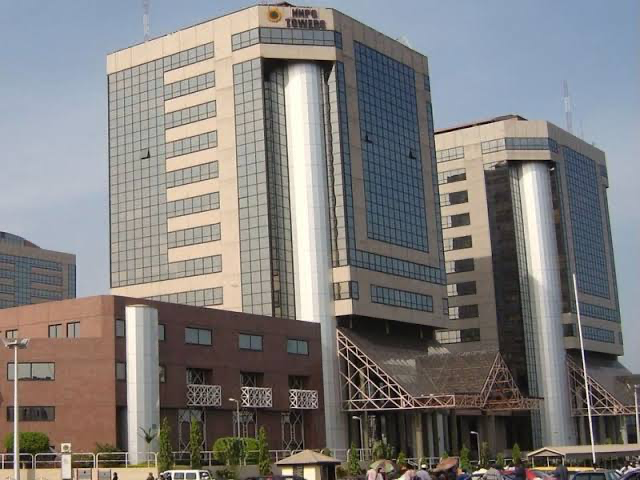In a stark illustration of the challenges facing Nigeria’s oil sector, the Nigerian National Petroleum Company Limited (NNPCL) has disclosed spending a staggering N267.98 billion on security measures within just 16 months. This expenditure comes as the country grapples with escalating insecurity, which is severely impacting the profitability of oil companies and threatening the stability of oil production and foreign direct investment.
The situation is exacerbating the cost of oil production, raising fears that Nigeria might not meet its crude oil production benchmark set for the 2024 budget. With security and salary expenses combined totaling around N534 billion—approximately 21% of NNPCL’s N2.5 trillion profit for 2022—the financial strain on the national oil company is evident. This spending is almost half of the country’s education budget for 2024, underscoring the gravity of the security challenges faced by the sector.
Despite NNPCL’s efforts, including the shutdown of over 4,090 illegal refineries, the industry continues to suffer from halted projects and significant production losses due to insecurity. Recent data suggests an increase in oil production to 1.5 million barrels per day (bpd) in January, yet reaching the budgeted benchmark of 1.78 million bpd remains uncertain.
According to a report by The Guardian, the escalating security costs and the operational environment in Nigeria have raised concerns among international investors. Mele Kyari, NNPCL’s head, highlighted the added costs foreign businesses anticipate when investing in Nigeria, attributing this to perceived high risks and an unfriendly fiscal environment.
As Nigeria faces a dwindling influx of foreign direct investment into its oil sector, with only about five percent of such investments currently directed towards oil, the country is witnessing significant divestments. Climate concerns and security issues have led to a 74% decline in yearly upstream capital expenditure from $27 billion in 2014 to less than $6 billion in 2022.
The Independent Petroleum Producers Group (IPPG) has noted that almost 90% of crude oil output is lost before reaching export terminals, further highlighting the detrimental impact of insecurity on the sector. As the Nigerian oil industry navigates these turbulent waters, the need for a comprehensive approach to address security challenges and bolster the sector’s profitability and attractiveness to investors has never been more critical.



